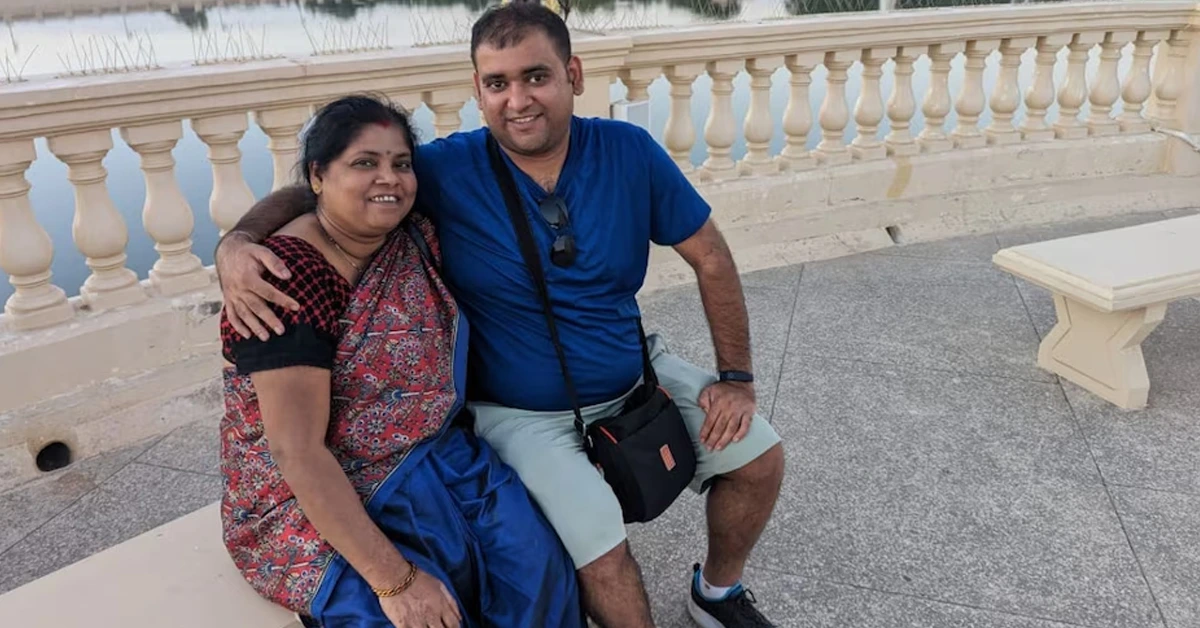
The heartbreaking suicide of Bengaluru-based techie Atul Subhash on December 9, 2024, has once again ignited debates about systemic gender bias and societal inequities.
His death, coupled with the allegations outlined in his 24-page note and accompanying videos, provides a sobering lens into the dual nature of a society that often fails to offer equal protection under the law to men.
Atul’s story is a tragic tapestry of personal and institutional failures.
According to his suicide note, his estranged wife, Nikita Singhania, allegedly filed multiple false cases against him and demanded exorbitant sums of money for withdrawing these cases and granting visitation rights to their son.
He further accused Judge Rita Kaushik of corruption and mockery, claiming that the judicial system’s indifference and bias pushed him to the brink.
Despite these severe allegations, there has been little concrete action against the accused individuals, raising critical questions about accountability.
India’s legal framework is undeniably skewed toward protecting women in marital disputes, a reflection of the historical and ongoing patriarchal injustices they face.
Laws like Section 498A of the Indian Penal Code (or the Section 84 under BNS), aimed at addressing dowry-related harassment, and the Protection of Women from Domestic Violence Act (2005), serve as crucial safeguards against exploitation and abuse.
These laws have been instrumental in empowering countless women to seek justice and protection.
However, the misuse of these laws has been a growing concern.
As highlighted in Atul’s case, laws designed to protect can sometimes be weaponised to harass and extort, with men finding themselves on the receiving end of unfounded allegations.
This dual nature of societal and legal structures—where women are presumed victims and men potential perpetrators—leaves little room for a nuanced understanding of individual cases.
The tragic death of Atul Subhash underscores a broader societal issue: the lack of safeguards for men in the face of harassment and emotional abuse.
Unlike their female counterparts, men often lack legal provisions that protect against domestic abuse or mental harassment within a marriage.
Furthermore, societal expectations of masculinity discourage men from seeking help or expressing vulnerability, leaving them isolated in their struggles.
A survey conducted by Save Indian Family Foundation (SIFF) reveals that a significant proportion of men who face harassment in marital disputes find no recourse within the legal system.
This institutional neglect compounds their suffering, as seen in Atul’s case, where his pleas for justice and fairness were reportedly met with ridicule and corruption.
Atul’s allegations against Judge Rita Kaushik and the inaction of the judiciary highlight another critical issue: the erosion of trust in legal institutions.
His claim that the judge demanded bribes and mocked him during proceedings, if true, reflects a system where impartiality and justice have been compromised.
Moreover, the slow pace of investigations and the lack of immediate accountability for the accused further exacerbate public disillusionment.
While laws like Section 498A have provisions to prevent misuse—such as the requirement of preliminary investigations before arrests—implementation often falls short.
Law enforcement agencies, under societal and institutional pressure, may lean toward protecting women irrespective of the merits of individual cases. This lopsided approach undermines the principles of justice and equality.
Atul Subhash’s death is not just a personal tragedy but a societal failing. It calls for urgent introspection and reform in the following areas:
The dual nature of societal and legal frameworks—where one gender is overwhelmingly protected while the other remains vulnerable—creates an imbalance that harms everyone.
This particular case of Atul Subhash is a stark reminder of the urgent need to address these inequities.
Justice must be blind to gender, and only through balanced reforms can we create a system that upholds fairness and dignity for all.
As we mourn Atul’s loss, let it serve as a catalyst for change, ensuring that his death was not in vain.
ALSO READ : Body Shaming And Ugly Realities: A Man's Perspective
The Story Mug is a Guwahati-based Blogzine. Here, we believe in doing stories beyond the normal.